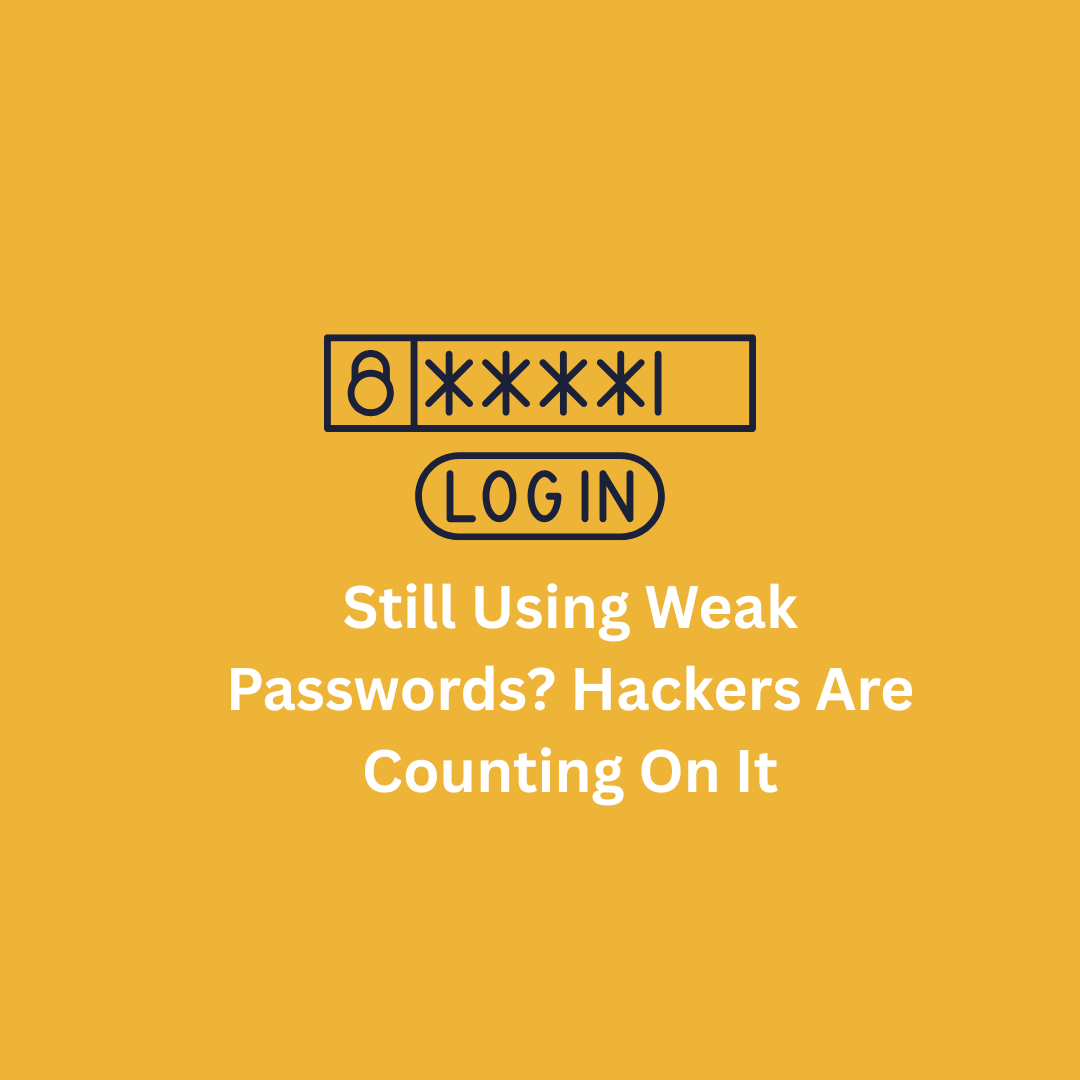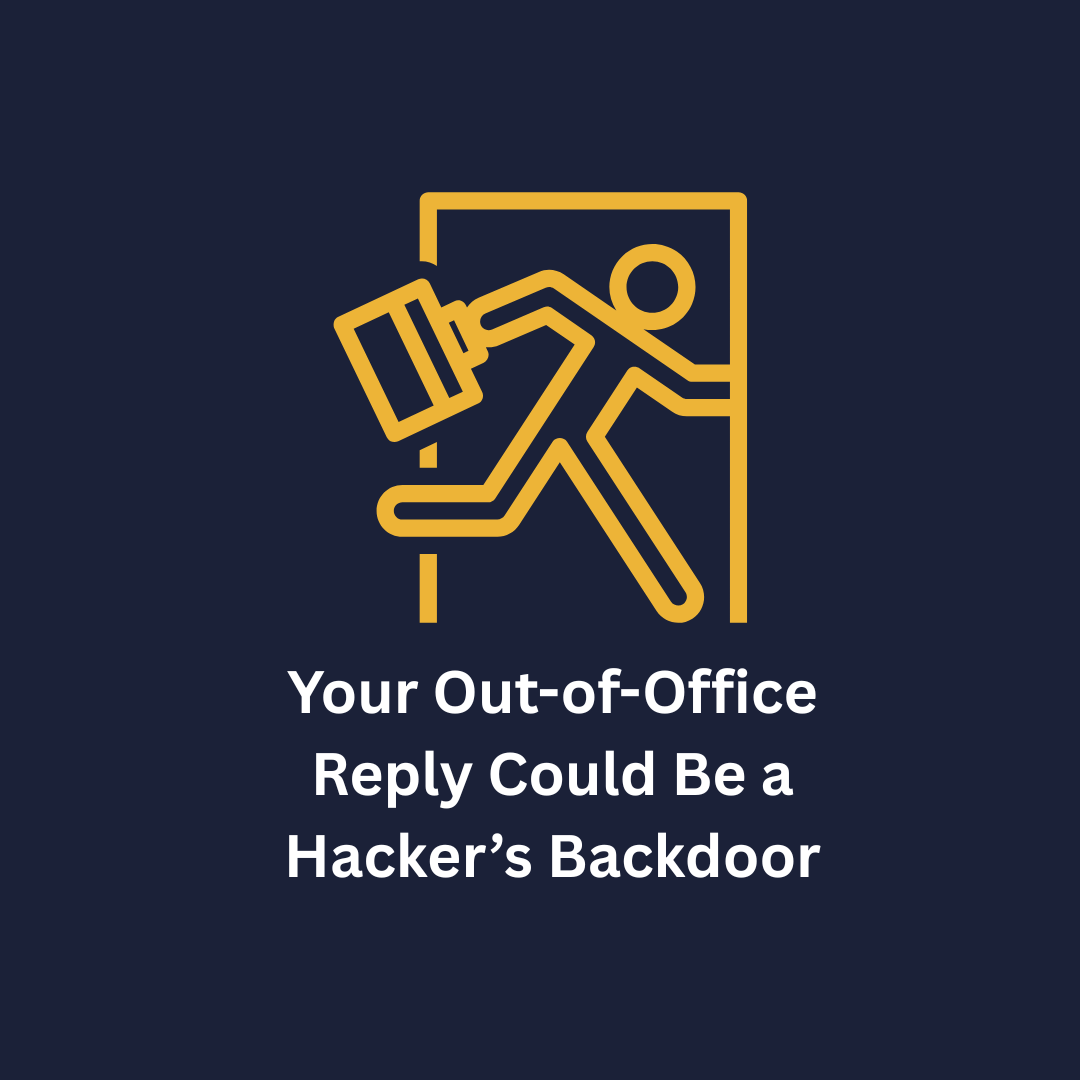Fraud Alert: Parking Tickets
Scammers are going both on and offline to target victims. One new fraud targets people with text messages and fake parking tickets.
Scammers are sending text messages telling victims about a parking ticket that costs a small fee. Fines increase if not paid off quickly. With the low cost and urgency to avoid fees, victims follow the link to an unofficial website. Here their money and personal information are stolen. These text messages look professional and sometimes include a QR code along with the city or parking authority logo.
It is crucial to stay mindful when you run into a situation where your information or a financial transaction is needed. While time may be of the essence in managing a parking ticket, it is just as important to slow down and assess the situation at hand. Some keyways to stay safe include:
1) Verify payment requests: If you receive a QR code for a parking ticket payment on your windshield to be paid via email or text, do not rush to pay. Instead wait to get in front of a laptop or desktop and go to the official parking authority’s website. Cities give you the choice of paying in person or through the official website. You will need the ticket number and your license plate information to look up your ticket. If nothing comes up, it is a fake ticket.
2) Verify contact information: Search for the official parking authority contact information online instead of relying on the contact information provided. Using the contact information provided can lead you to talk to the scammer instead of a city representative.
3) Watch for QR codes: Most cities do not use QR codes in their ticketing system. The use of QR codes in texts or paper tickets should be a red flag.
4) Check ticket format: Most parking tickets are double-sided and placed in an envelope. There is usually detailed information explaining how to contest or pay for the ticket.
5) Keep your device updated: Regularly update your operating system and security software to protect against the latest threats.
6) Be wary of unsolicited messages: Ignore links sent via email or text that claim to be for parking fine payments.
7) Do not click on suspicious links: Be cautious about clicking on any links that appear in emails or texts about parking fine payments. Scammers often use these methods to direct you to fake websites that may look legitimate but are designed to steal your personal and financial information.
The best way to safeguard yourself from malicious links that install malware is to have strong antivirus software installed on all your devices. This protection can also alert you to phishing emails and ransomware scams, keeping your personal information and digital assets safe.
If you think you have fallen victim to a QR code fraud, do not panic. Here is your action plan:
• Contact your bank: Immediately call your credit card company or bank to report the fraud and freeze your accounts.
• File report: Contact your local police department.
• Alert the FTC: File a complaint with the Federal Trade Commission at ftc.gov/complaint/.
• Monitor your credit: Keep a close eye on your credit reports for any suspicious activity.
• Backup your data and reset your device.
Scammers keep finding new ways to steal your hard-earned money and confidential information. Stop and think before you respond to both online and offline requests for your reaction. If you have any questions, call us on 877-686-6642.


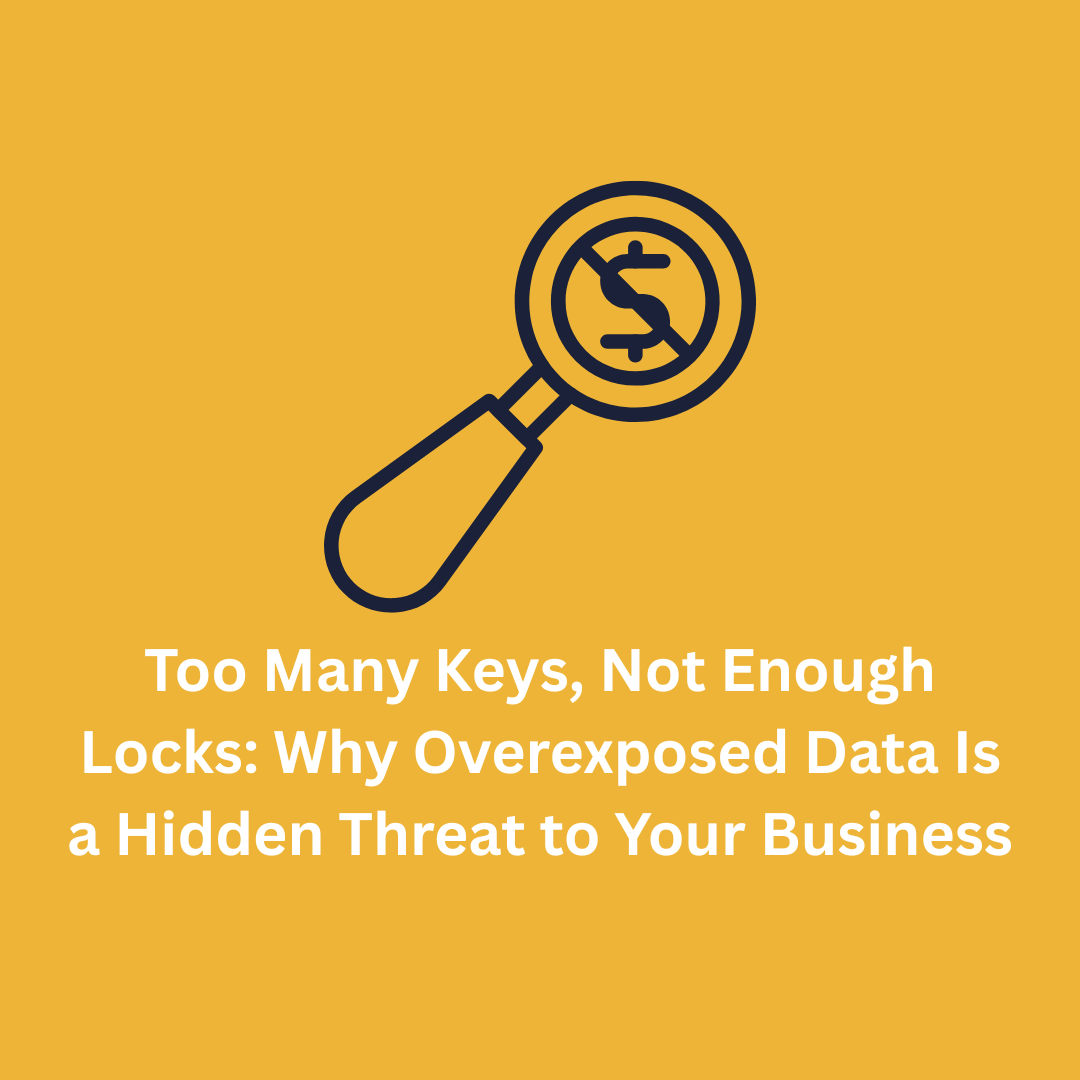














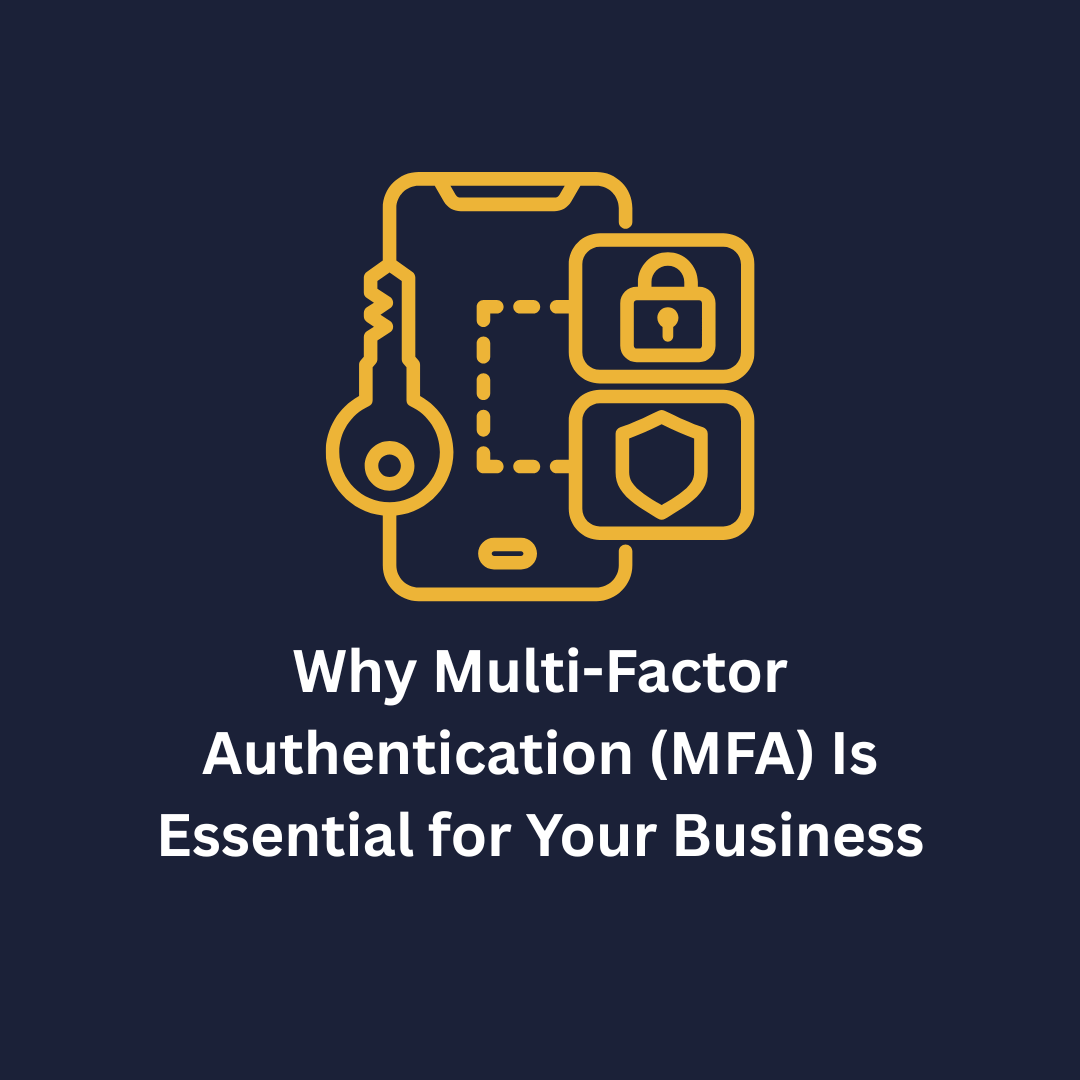
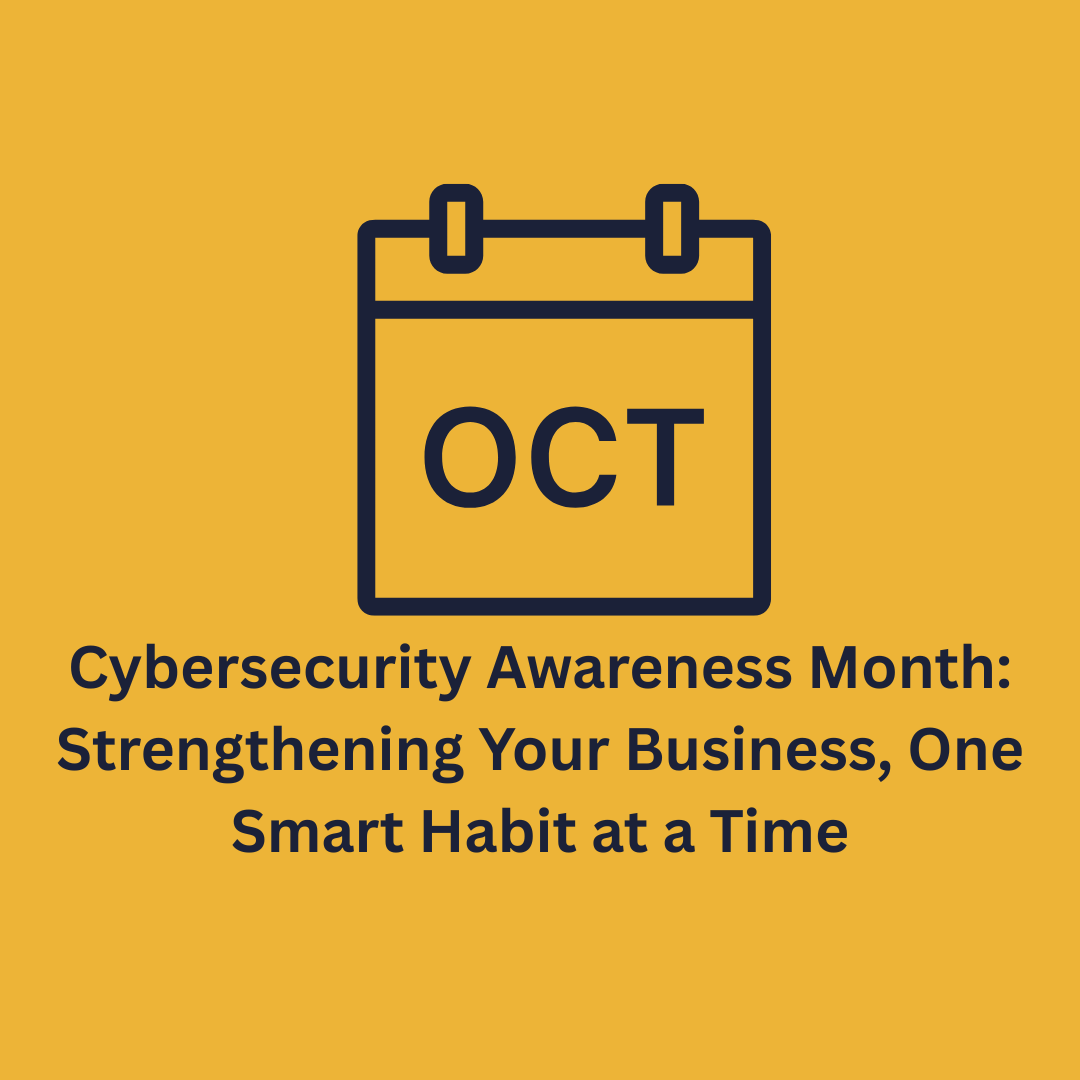

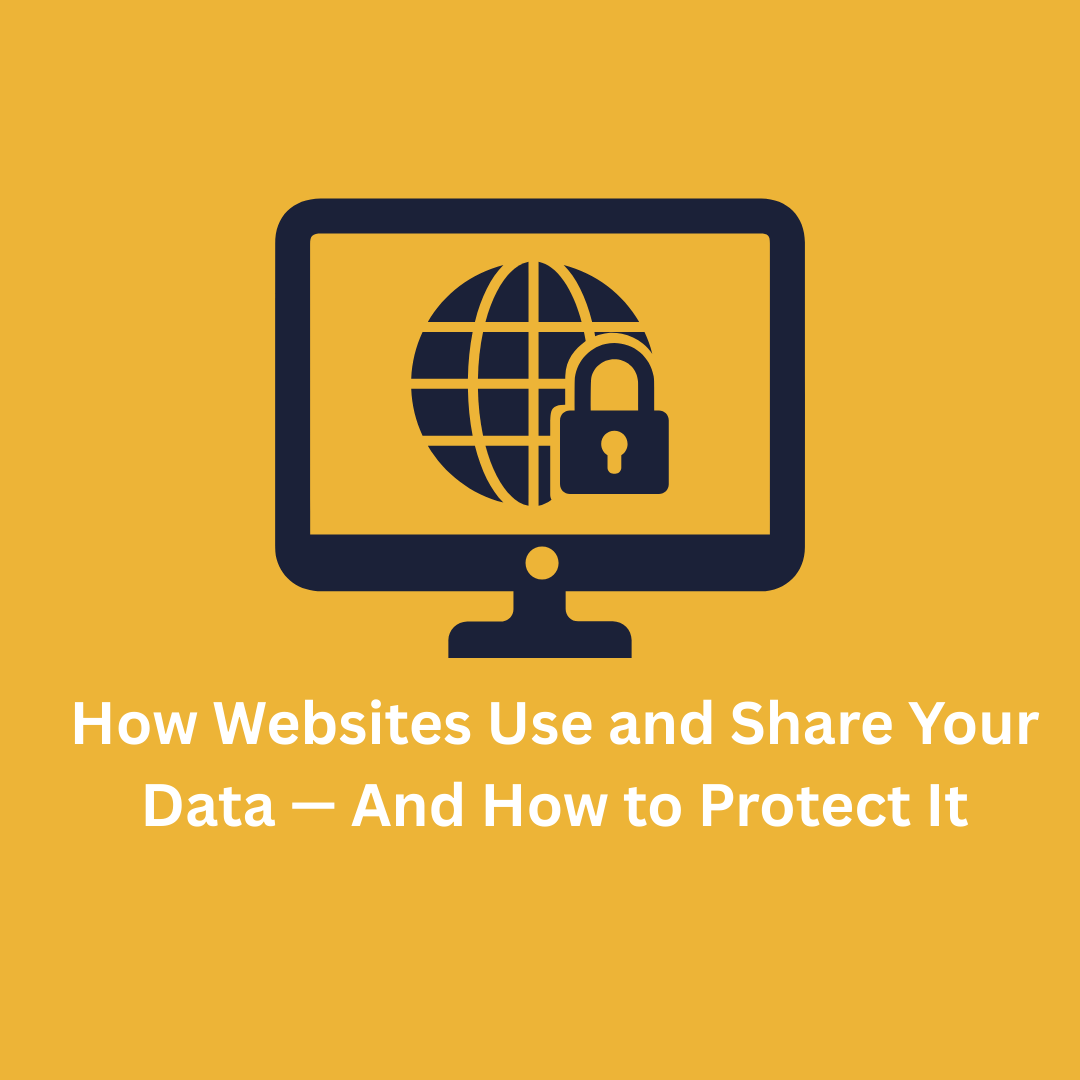


.png)

